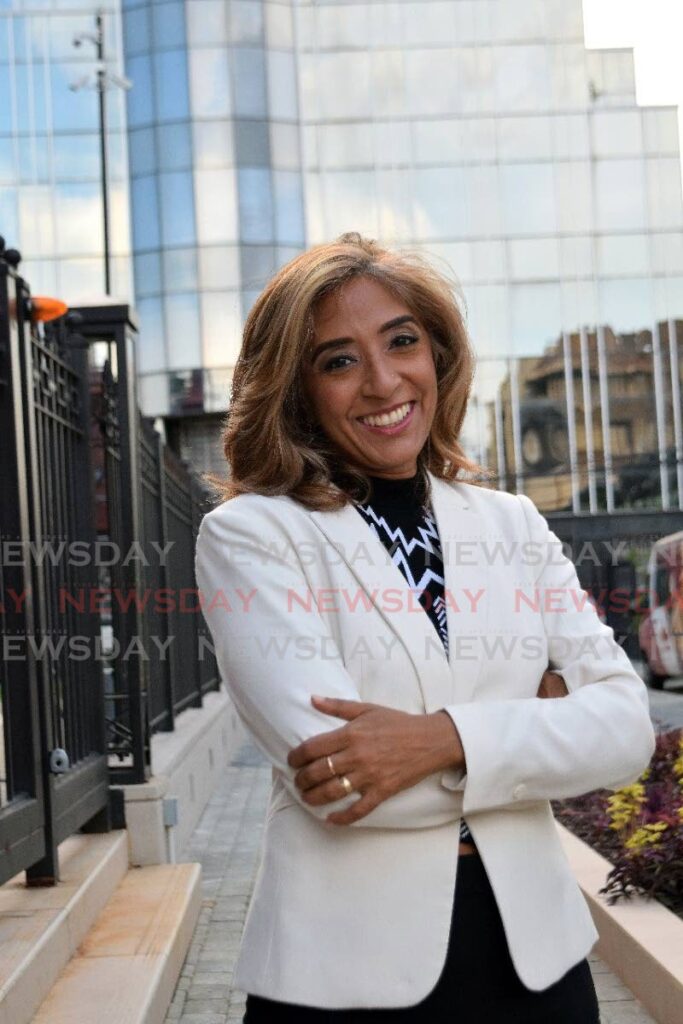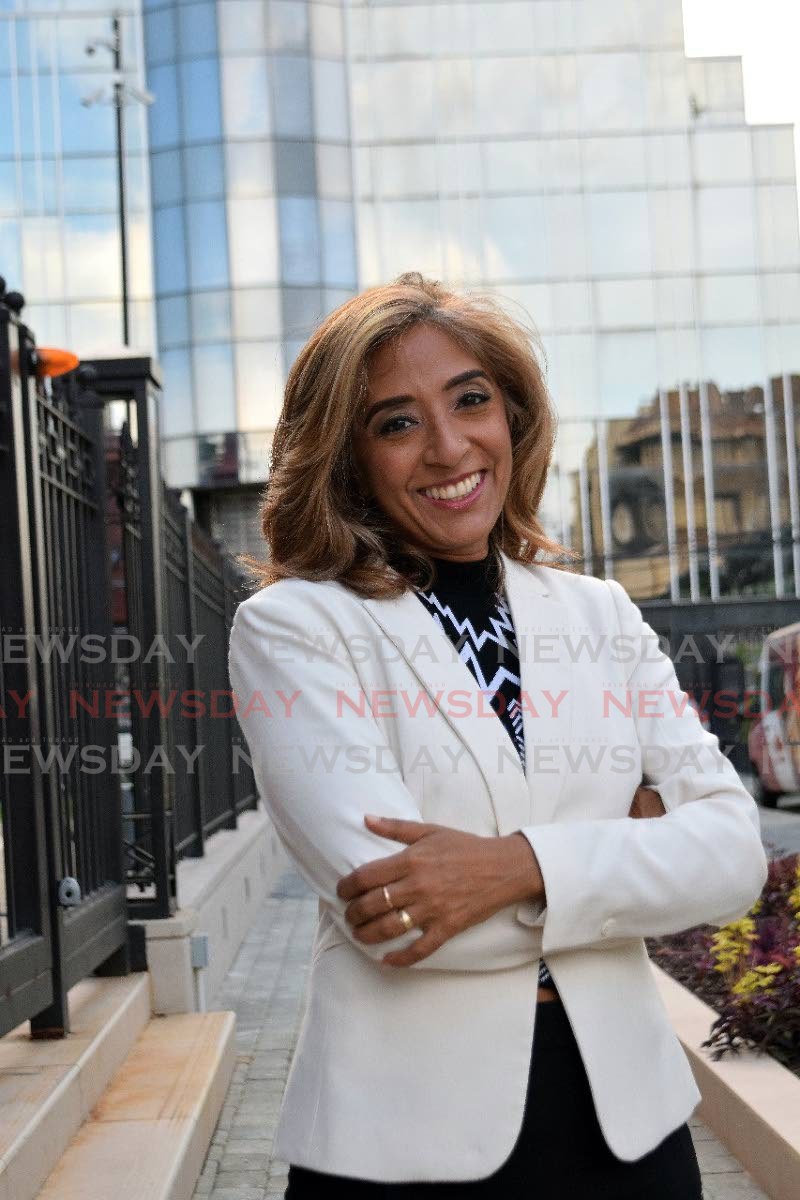Look up and see the light

DR GABRIELLE JAMELA HOSEIN
LAST Wednesday’s national blackout should direct us to lessons from sister isle Puerto Rico.
In 2017, after Hurricane Maria demolished swathes of the electricity grid, leaving some without power for as long as a year, Casa Pueblo (the People’s House) provided a solar power “energy oasis.” The lights never went out and hundreds of residents turned to the non-profit to plug in cell phones, fridges with medicines and dialysis machines in the following weeks.
Spurred on by their survival, Casa Pueblo continued to lend and instal thousands of solar panels, solar lights and solar-refrigerators throughout the community in Adjuntas, as they had been doing since 1991, to provide cheap, renewable energy, grow a network of microgrids and break dependence on fossil fuels.
This is an important example for us here. We saw how easy it is to shut down the national grid, without even a hurricane or earthquake in sight. The first knocks down transmission lines. The second rattles power plants themselves, challenging the resilience of centralised grids.
We are also still limping along with our fossil fuel addiction, in need of fast-tracked, alternative paths to economic and energy development. In Doha, we are still calling gas “the fuel of the future.” Look up. Renewable power is right over our heads.
Local electricity is over-produced and cheap so these issues haven’t been taken up, but they should be, as they could help prevent what happened last week. More than that, solar energy can reduce business and household bills, provide clean and dependable power, decarbonise our footprint and reduce our contribution to climate change, and democratise energy infrastructure – meaning return decisions about power and management of microgrids to communities.
Again, this is important for us. There’s a tug of war between those who believe in big government with central authority and those pushing for privatisation as more efficient, but that’s a false choice.
Casa Pueblo’s “energy insurrection” shows this, precisely because its vision is centred in community-based development and a right to energy self-sufficiency, which for Puerto Rico is also part of movements seeking environmental justice and decolonisation from the US.
What is being called a “decolonial future” is additionally about imagining a world of social justice, freedom, equality, peace and collective care for our shared commons of land, air and water, as well essential services related to education, health, housing and food.
Mobilising communities around these interconnected concerns challenges models of increasing accumulation of wealth and power with ones of sovereignty, solidarity and mutual aid. It’s about challenging both state bureaucracy and corporate control, after all the sun shines for free and each home should be able to generate electricity.
Imagine communities not having to beg for connection and supply. Imagine low monthly bills without having to hear about the costs of state subsidies.
Our current approach is all big business. The “largest solar parks in the region” are being undertaken with Lightsource BP. Globally, communities are pushing back against “energy colonialism” and these industrial approaches. The Brechin Castle park project says it recognises the issues of biodiversity conservation, landscape impact and cultural heritage. But, why should Lightsource BP power the world when communities can power themselves?
We should have these conversations without being provoked by a crisis. We should at least have these conversations when a crisis provokes them, otherwise we sit waiting for the next time our dependence becomes painfully apparent.
Here at home, long recommended transformations include amending the T&TEC Act so that power independently generated can be shared with the grid, enabling households or businesses to generate their own electricity, and paying or providing credit for what they contribute to a microgrid.
These power supply solutions, promoting energy generation at the point of consumption, are just part of a more radical vision. That’s important to keep in mind too.
Ultimately, renewable energy movements are also connected to those working on ecological regeneration and increasing community capacity, power and resources to autonomously respond to critical needs and climate crises. This is ever more urgent as debt rises and state finances contract, leading to poorer infrastructure and service delivery.
I’ve highlighted Puerto Rico, but what Arturo Massol-Deya of Casa Pueblo calls “anti-colonial plan making from below” and an “energy insurgency” is bubbling across our archipelago because all of our islands face economic and ecological threat.
In our darkest moments, remember we have power to change people’s current frustrations, fears and losses when electricity goes. Under our shared Caribbean sky are grassroots examples of what we can do.
Diary of a mothering worker
Entry 452
motheringworker@gmail.com



Comments
"Look up and see the light"